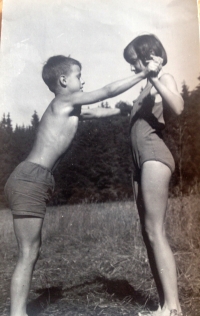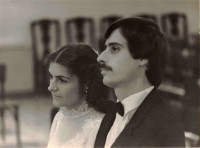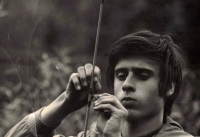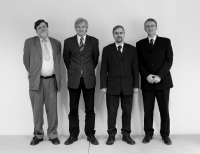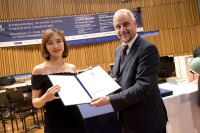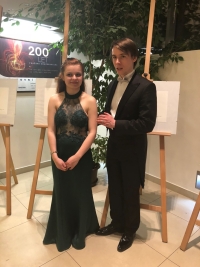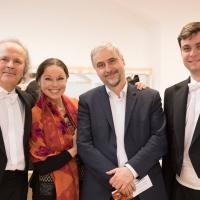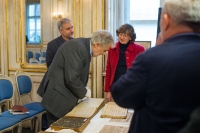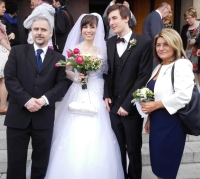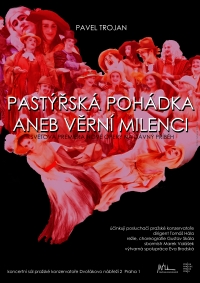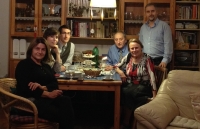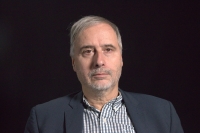He got into the conservatory only thanks to international diplomacy
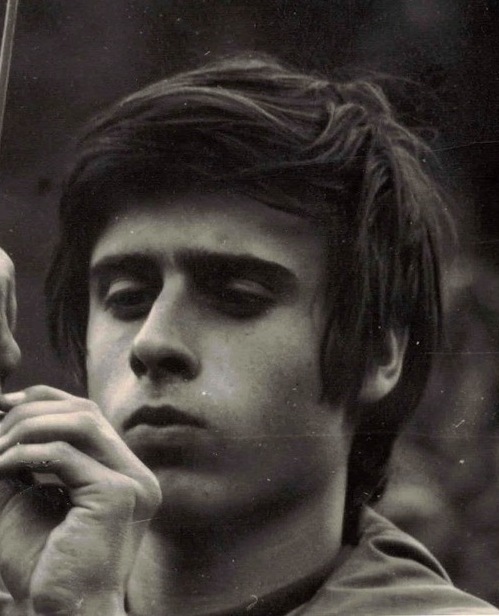
Download image
Pavel Trojan is a composer and pedagogue. He was born on 14 August 1956 in Domažlice and grew up in Kdyně and Libiš in a family of evangelical ministers. His father is a pastor of the Evangelical Church of Evangelical Church of Czech Brethren Jakub S. Trojan, later a signatory of Charter 77. At the turn of the 1960s and 1970s, his father was a member of the Evangelical church in Libiš, of which Jan Palach was also a member. Shortly before his act, Palach had listened to Trojan’s sermon and after his self-immolation, Jakub S. Trojan buried him. Pavel Trojan had played the piano and composed music since childhood. He graduated from the Mělník grammar school in 1975, but for political reasons he could not get into the conservatory. He was only admitted after the third attempt in 1977, ironically after his father signed Charter 77 and at the Belgrade follow-up meetings of the Conference on Security and Co-operation in Europe, the Czechoslovak negotiators were reproached for preventing the children of dissidents from studying. He then went on to study at The Academy of Performing Arts in Prague - Music and Dance Faculty (HAMU), where he was admitted again after the third attempt in 1982. In 1986, in addition to his studies at HAMU, Trojan began teaching at the conservatory, with which he is still associated today. From 1992 he was deputy director and from 2004-2018 director of the Prague Conservatory.
